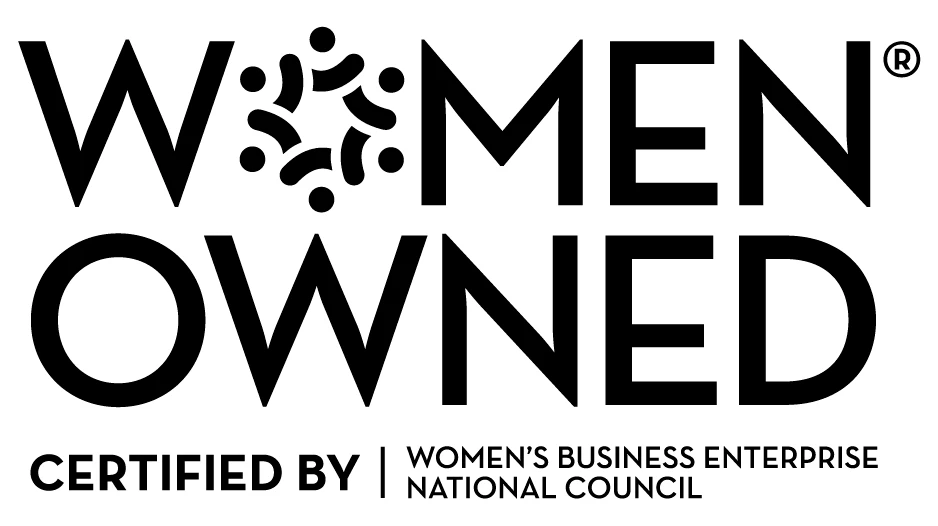Integrating HR Support Services with Automation for Better Efficiency

As businesses grow, managing HR manually becomes inefficient. Many companies are now combining HR support services with automation to streamline operations, reduce costs, and improve employee experience. By blending human expertise with digital tools, businesses can make HR more efficient and error-free.
This guide covers how HR automation enhances efficiency, improves compliance, and simplifies HR operations. It highlights key areas where automation makes a difference, the benefits of integration, and how businesses can overcome challenges.
"Integrating HR support services with automation transforms routine tasks into seamless processes, boosting efficiency, reducing errors, and empowering teams to focus on people—not paperwork."
Richard Branson
Understanding HR Support Services and Automation
HR support services cover a wide range of essential workforce tasks, including recruitment, onboarding, payroll, benefits administration, employee relations, compliance, training, and performance management. Traditionally, these responsibilities were handled manually, often resulting in administrative delays, higher workloads, and inefficiencies that slowed down business operations and impacted employee satisfaction.
HR automation, on the other hand, uses AI-driven tools and digital platforms to streamline and speed up these tasks. Tools like Applicant Tracking Systems (ATS), payroll software, time tracking systems, AI-powered performance management tools, and self-service HR portals allow businesses to reduce manual work. By integrating HR support services with automation, companies can save time, minimize errors, and create a more seamless and satisfying experience for both HR teams and employees.
Benefits of Integrating HR Support with Automation
HR automation brings increased efficiency by handling repetitive tasks such as payroll, attendance, and onboarding. This frees up HR teams to focus on strategic planning and employee development, improving overall productivity.
It also leads to significant cost reduction, with businesses saving 30–50% on HR operations by automating processes like salary calculations and compliance tracking. At the same time, automation reduces the chances of human error, particularly in payroll and legal reporting, ensuring more accurate outcomes.
Additionally, automation enhances the employee experience through self-service tools that provide quicker HR support. AI-powered insights also enable smarter decision-making by helping HR teams improve hiring strategies, boost retention, and optimize workforce planning.

Key HR Functions That Benefit from Automation
-
Smart Hiring AI tools scan resumes, schedule interviews, and simplify onboarding. HR saves time while new hires complete documents online. Enhances candidate experience and reduces hiring time.
-
Payroll Automation Automated payroll calculates salaries, deductions, and taxes accurately. Employees choose benefits via self-service portals. Cloud tools reduce errors and save time on manual processing.
-
Performance Insights Automation tracks goals, gathers feedback, and boosts engagement using smart, AI-powered performance review and employee development tools.
-
Compliance Tracking Automation ensures up-to-date labor law compliance, detects policy violations, and securely manages employee records through AI-driven alerts and accurate document management systems.
Also Read: The Role of HR Automation Consultants in Transforming Your Business
Overcoming Challenges in HR Automation Integration
Employee resistance to automation often stems from fears of job loss, so offering training programs helps show automation supports HR teams rather than replacing them. Integration with existing systems can be challenging, so selecting HR automation platforms with API compatibility ensures smooth connection with payroll and finance tools. Data security and privacy concerns arise with online employee data storage, which can be addressed by using GDPR-compliant software featuring strong measures like role-based access controls (RBAC). High implementation costs may deter some businesses, but a gradual rollout starting with payroll and recruitment tools can help manage expenses effectively.
Best Practices for HR Support & Automation Integration
Audit current HR processes to identify manual tasks that slow efficiency and need automation. Choose scalable HR software that can grow with your company’s workforce. Train HR teams and employees to use self-service portals and automated tools effectively. Optimize continuously by tracking HR automation performance metrics and making improvements. Maintain a balance between automation and human oversight, ensuring HR professionals handle complex employee concerns requiring judgment

Future Trends in HR Support & Automation
Audit current HR processes to identify manual tasks that slow efficiency and need automation. Choose scalable HR software that can grow with your company’s workforce. Train HR teams and employees to use self-service portals and automated tools effectively. Optimize continuously by tracking HR automation performance metrics and making improvements. Maintain a balance between automation and human oversight, ensuring HR professionals handle complex employee concerns requiring judgment.
Future Trends in HR Support & Automation
AI-powered HR chatbots will handle employee queries about payroll, benefits, and policies in real time. Predictive workforce analytics use AI to analyze trends, predict turnover, and optimize hiring. Blockchain technology will secure payroll processing, compliance tracking, and HR records for enhanced data protection. Voice-activated HR assistance allows hands-free access to HR systems, benefiting remote employees with convenient support.
Conclusion
Integrating HR support services with automation helps businesses streamline operations, reduce administrative workloads, and improve employee experiences. Companies that leverage automation for recruitment, payroll, compliance, and performance management gain a competitive advantage.
By adopting AI-driven Best HR Automation Services tools, self-service portals, and predictive analytics, businesses can create a smarter, more agile HR environment. As technology evolves, companies that continuously refine their HR automation strategies will stay ahead in workforce efficiency and employee satisfaction.






